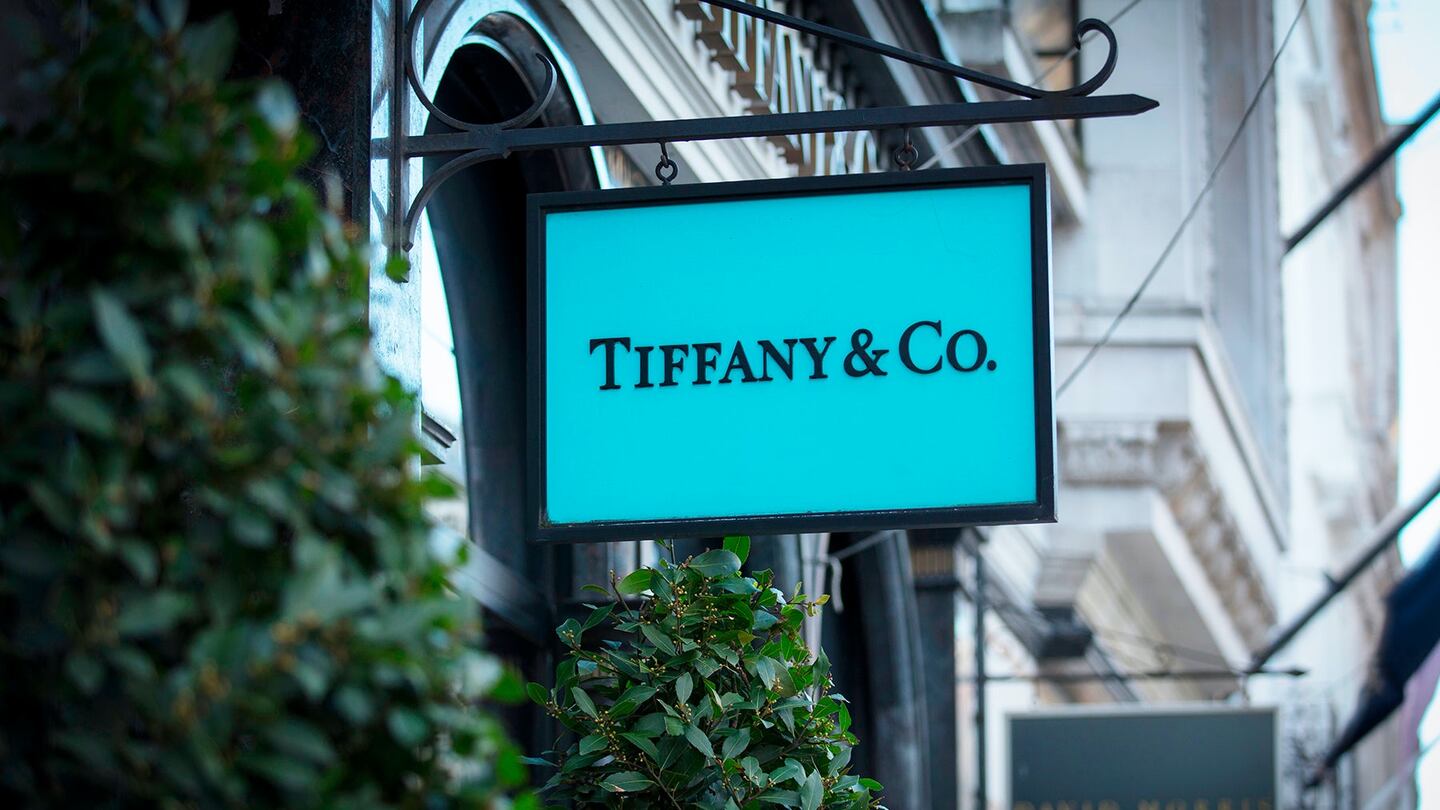
The Business of Fashion
Agenda-setting intelligence, analysis and advice for the global fashion community.

Agenda-setting intelligence, analysis and advice for the global fashion community.

NEW YORK, United States — Luxury jeweller Tiffany & Co, which is being bought by Louis Vuitton owner LVMH, missed Wall Street expectations for quarterly profit and sales on Thursday as weak demand at home and in Hong Kong offset growth elsewhere in China.
Tiffany's business in the Americas has suffered in recent years as price-conscious younger customers gravitate to lower-priced competitors including Denmark's Pandora A/S and Signet Jewellers.
Net sales in the Americas fell 4 percent in the third quarter, mainly dented by lower spending by foreign tourists, while sales in the Asia-Pacific region were flat, hurt by business disruptions in Hong Kong, where sales fell 49 percent.
Despite double-digit growth in Mainland China, overall same-store sales, excluding the effects of currency exchange rates, were up 1 percent in the quarter, missing analysts' average estimate of a 1.44 percent increase, according to IBES data from Refinitiv.
ADVERTISEMENT
Late last month, French luxury goods maker LVMH agreed to buy Tiffany for $16.2 billion, a deal that could help boost the US jeweller's business, which has struggled with dated collections and a retreat from Chinese shoppers in America.
"We are very excited about the recently announced transaction with LVMH and, pending the required approvals, look forward to becoming part of the LVMH family of exceptional luxury brands," Tiffany Chief Executive Alessandro Bogliolo said.
Tiffany's net earnings fell to $78.4 million, or 65 cents per share, in the quarter ended October 31, from $94.9 million, or 77 cents per share, a year earlier.
Wall Street had expected the company to earn 85 cents per share.
Net sales were largely flat at $1.01 billion, while the average analyst estimate was $1.03 billion.
By Aishwarya Venugopal; editor: Maju Samuel
Disclosure: LVMH is part of a group of investors who, together, hold a minority interest in The Business of Fashion. All investors have signed shareholder's documentation guaranteeing BoF's complete editorial independence.
The luxury goods maker is seeking pricing harmonisation across the globe, and adjusts prices in different markets to ensure that the company is”fair to all [its] clients everywhere,” CEO Leena Nair said.
Hermes saw Chinese buyers snap up its luxury products as the Kelly bag maker showed its resilience amid a broader slowdown in demand for the sector.
The group’s flagship Prada brand grew more slowly but remained resilient in the face of a sector-wide slowdown, with retail sales up 7 percent.
The guidance was issued as the French group released first-quarter sales that confirmed forecasts for a slowdown. Weak demand in China and poor performance at flagship Gucci are weighing on the group.